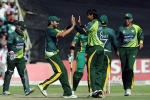- Web
- Humsa
- Videos
- Forum
- Q2A


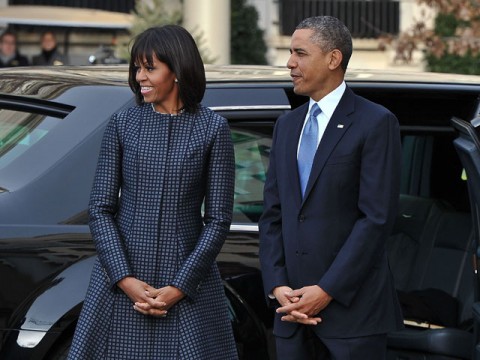
The “legacy thing” may be harder than Barack Obama imagines. Beginning his second term, Obama has a focused, though unstated, agenda: to achieve presidential greatness in the eyes of historians and Americans. In this, he will almost certainly fail. He is already a historic president as the first African American to be elected, but there is a chasm between being historic and being great.
Presidents are ultimately judged not by their total record, or by their ability to enact their agendas, or by their popularity.They are judged by whether they get a few very big decisions right or wrong. Lyndon Johnson is mostly remembered for failure in Vietnam; it overshadows the passage of two landmark civil rights bills and approval of Medicare and Medicaid. Richard Nixon is not celebrated for creating the Environmental Protection Agency, expanding food stamps or opening talks with China; Watergate dwarfs all.
These appraisals are made while a president is in office and, more definitively, after he’s left. Does a president’s performance stand the test of time based on what happens later? Did his policies advance or retard the nation’s well-being? Were they wise or simply expedient? Depending on the answers, much else can be forgiven or forgotten, as Robert Merry shows in his engaging book “Where They Stand: The American Presidents in the Eyes of Voters and Historians.”
Consider Harry Truman. For his last year in office, he was deeply unpopular. His approval rating hit a low of 22 per cent. The Korean War frustrated Americans; the White House was accused of cronyism. Yet, historians rank him in the top 10 presidents. Merry relates Truman’s reaction to the Soviets’ 1948 overland blockade of Berlin “to starve out the city [and] bring it under the Soviet yoke.” His top advisers concluded that US withdrawal was inevitable. To which Truman responded: “We stay in Berlin. Period.” The Berlin Airlift followed.
“That decision helps explain why Truman is ranked so high by historians,” writes Merry. With hindsight, many momentous choices seemed correct: ending World War II with atomic bombs (“saving perhaps a million American lives,” argues Merry); adopting the Marshall Plan and the policy of “containment” against the Soviets; desegregating the military.
Every school child knows the three “great” presidents: Washington, Lincoln and Franklin Roosevelt. They topped the first presidential ranking by historians in Life magazine in 1948. They’ve topped six subsequent rankings elsewhere. Through no fault of his own, Obama will not be joining them.The first requirement of presidential greatness is that the country faces a mortal peril: something that puts the American experiment - its embrace of freedom and equality, its trust in democratic institutions, and its belief in itself - at risk.
The great presidents have all defused that risk.In 1789, no one knew whether the Constitution would survive; Washington’s stature inspired loyalty that gave the system permanence. Lincoln’s single-minded pursuit of total victory over the Confederacy - when many in the North, discouraged by the endless bloodshed and inconclusive combat, wanted a truce - saved the Union and ended slavery. FDR preserved the nation’s democratic political values and institutions in the face of an economic collapse that gave rise, from left and right, to calls for radical change; and, of course, he presided over victory in World War II.
Obama will be denied a similar opportunity because, for all the nation’s serious problems, none yet rises to the level of mortal peril. Obama’s reputation will necessarily be less exalted.He is probably fooling himself if he thinks Obamacare, by itself, ensures him a spot close to the top in the presidential rankings. Medicare and Medicaid (far larger insurance expansions) didn’t do that for LBJ, so why should a lesser achievement do it for Obama? Indeed, if the implementation goes badly (coverage overestimated, costs underestimated), Obamacare could backfire.
Still, Obama’s enthusiasm for it is telling. Even without the 2008-09 financial crisis, he would have arrived in office just when the retirement of baby boomers was slowing the economy and raising - through Social Security and Medicare - government spending. The cost of government was increasing; the capacity to pay was decreasing. In these circumstances, Obama chose to expand government.His frame of reference was backward-looking: the fulfilment of a liberal agenda conceived from the 1930s to the 1960s.
But history’s verdict will be present-oriented and forward-looking. How have his fateful decisions played in the real world? Obama’s reputation will ultimately depend on a handful of these, including (probably) his handling of the economy in the dark months of early 2009, Iran’s nuclear programme, the federal budget and, perhaps, something now unimagined. “Crises demand leadership,” writes Merry, “and in the American system that leadership can come only from the president.” Not just leadership, but leadership in the right direction.
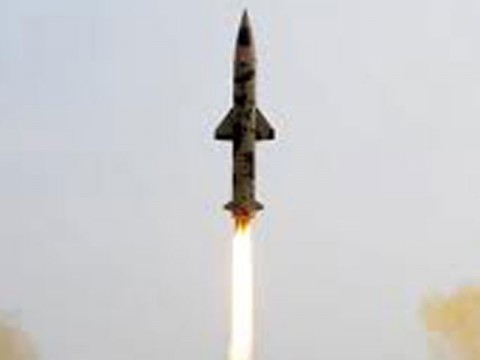 China tested emerging military technology aimed at destroying missiles in mid-air after an initial test in 2010, state media said on Sunday, in a move that will unnerve its neighbours.
A brief report by the official Xinhua news agency said the military carried out a “land-based mid-course missile interception test within its territory”. ..... Read more
China tested emerging military technology aimed at destroying missiles in mid-air after an initial test in 2010, state media said on Sunday, in a move that will unnerve its neighbours.
A brief report by the official Xinhua news agency said the military carried out a “land-based mid-course missile interception test within its territory”. ..... Read more
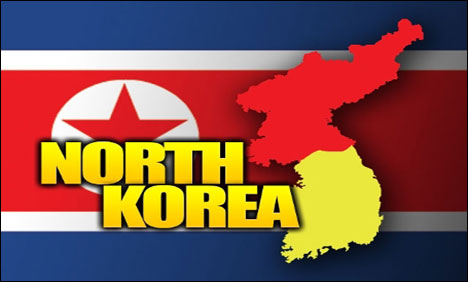 SEOUL: North Korea on Sunday proposed high-level talks with the US on denuclearisation and easing tensions on the Korean peninsula, just days after it abruptly cancelled a rare meeting with the South.
Tension has been high on the peninsula since the North's third nuclear test in February that triggered new UN sanctions which ignited an angry response..... Read more
SEOUL: North Korea on Sunday proposed high-level talks with the US on denuclearisation and easing tensions on the Korean peninsula, just days after it abruptly cancelled a rare meeting with the South.
Tension has been high on the peninsula since the North's third nuclear test in February that triggered new UN sanctions which ignited an angry response..... Read more
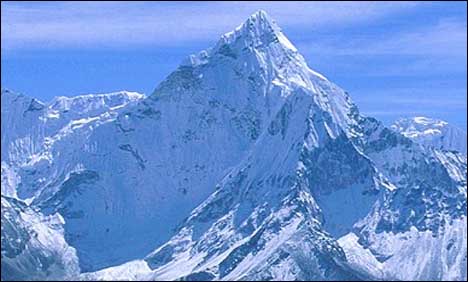 PARIS: Glacier systems that feed two key rivers in South Asia will badly retreat this century, but demands for water are still likely to be met, a study predicted on Sunday.
The health of glaciers in the Himalayas is a closely-watched issue, as they supply vital meltwater to a region facing surging population growth and rising demands for food.
Scie..... Read more
PARIS: Glacier systems that feed two key rivers in South Asia will badly retreat this century, but demands for water are still likely to be met, a study predicted on Sunday.
The health of glaciers in the Himalayas is a closely-watched issue, as they supply vital meltwater to a region facing surging population growth and rising demands for food.
Scie..... Read more






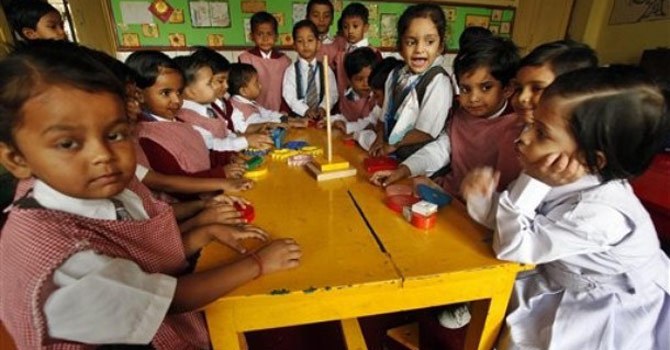
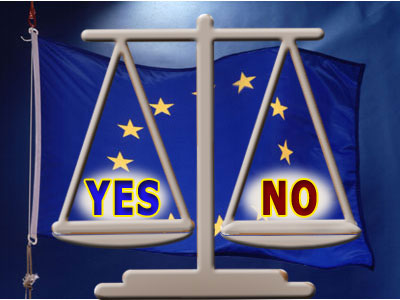




 Clean Chit (Faisal Raza Abidi ...
Clean Chit (Faisal Raza Abidi ...  Akhir Kiyon - 16th December 2...
Akhir Kiyon - 16th December 2...  To The Point - 16th December ...
To The Point - 16th December ...  Capital Talk â
Capital Talk â  Kal Tak - 16th December 2013
Kal Tak - 16th December 2013  Bay Laag - 16th December 2013
Bay Laag - 16th December 2013  Kharra Sach - 16th December 2...
Kharra Sach - 16th December 2...  Awaam - 15th December 2013
Awaam - 15th December 2013 





 Gold Miner
Gold Miner  Superbike GP
Superbike GP  Whipsaw Fighter
Whipsaw Fighter  PacMan
PacMan 

